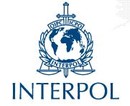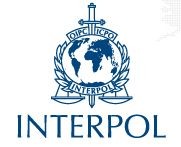Description
Project Clean Seas aims to conserve cleaner and safer marine environments.
Having produced a manual on investigating vessel pollution in 2007, this project has recently developed and delivered a law enforcement training course using the manual as a guide. The pilot course in Canada (June 2010) was followed by four workshops in the South Pacific. The group is now working to develop tools to assist in the investigation of illegal discharge of waste from vessels.
The group is a global network of experts involved in investigations, prosecution and policy work relating to ship pollution violations. Its activities complement those of the port state control regime, the International Maritime Organization and regional environmental programmes.
Project Clean Seas falls under the INTERPOL Pollution Crime Working Group, which initiates and leads a number of projects to combat the transport, trading and disposal of hazardous wastes or resources in contravention of national and international laws. Pollution crime has a clear and direct human impact due to the hazardous nature of the substances in question.
As well as being harmful to health, the illegal disposal of waste into waterways, the air, and the ground can significantly damage a community’s livelihood, destroy jobs, and lower property values. The effect of pollution crime on the natural environment can be global, and contributes directly to the worldwide issue of climate change.
This type of crime is an international issue as hazardous waste – especially from more developed nations where it is strictly controlled – can be illegally disposed of in less developed countries, taking advantage of lax or non-existent environmental controls or effective enforcement.
Taking action
Clearly, in today’s global economy there is a need for an international strategy to deal with pollution crime. The INTERPOL Pollution Crime Working Group brings together specialized criminal investigators from around the world to work on project-based activities on an international level.
We encourage participation from environmental experts across the world in order to maximize the global impact of current projects and to devise new initiatives.
EPA Public Participation Toolkit: The United States Environmental Protection Agency has developed a toolkit to guide public involvement in the elaboration of laws and regulations, particularly those related to the environment. The toolkit identifies best practices in planning, skills and behaviours that government agencies can use to design and implement meaningful public participation programmes.
Source:

